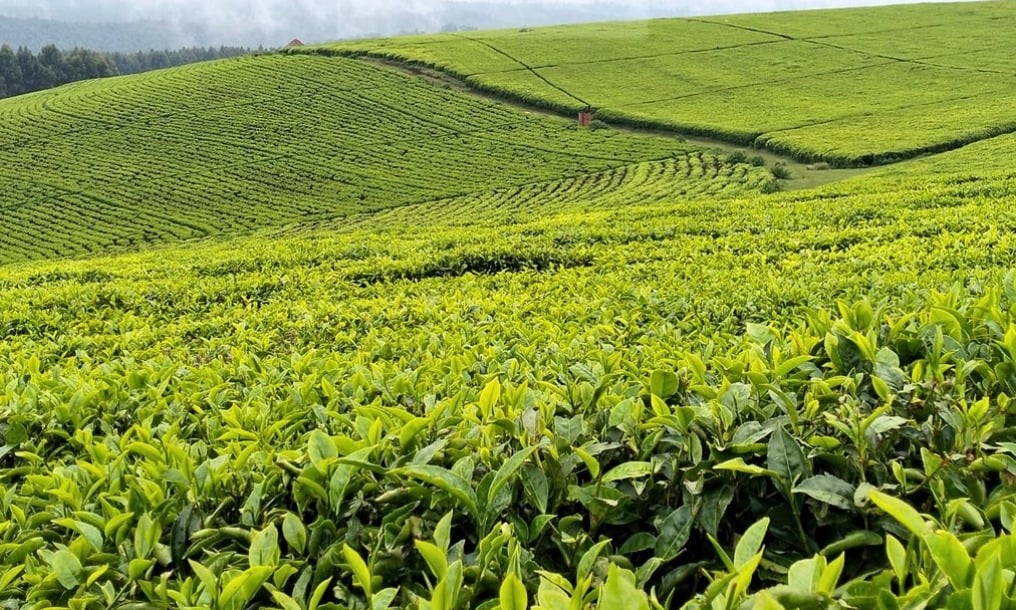The Kenya Tea Development Agency (KTDA) has attributed the drop in bonuses for tea farmers to international market conditions and the currency exchange rate.
In a statement on Tuesday, September 30, KTDA explained that the average exchange rate declined from KSh144 against the US dollar in 2024 to KSh129 in 2025.
According to the agency, the stronger Kenyan currency reduced the earnings of tea farmers despite stable global prices.
“The drop in earnings is mainly attributed to international market conditions and currency exchange movements that were less favourable compared to last year.
“In 2024, the Kenyan shilling traded at an average of Ksh144 to the US dollar, while in 2025 the average was Ksh129. This weaker exchange rate meant that even where international prices were stable, the amount realized in Kenyan shillings was significantly lower,” read part of the statement.
Read More
.jpg)
KTDA noted that average tea prices across the country have all experienced a drop in tea bonuses this year.
“In the East of Rift, Kiambu fetched Ksh371 per kilo, a drop of 46 shillings from last year; Murang’a earned Ksh376, down by 42 shillings; Nyeri earned Ksh388, down by 42; Kirinyaga earned Ksh 400, down by 38; Embu earned Ksh404, down by 34; and Meru earned Ksh381, down by 46,” said the agency.
In the West of Rift, which includes Kericho, Bomet, Nandi, Nyamira, and Kisii counties, the tea prices fell steeply, with a difference of between KSh66 and KSh246.
KTDA explained that differences between the East and West Rift were due to quality variations, market dynamics, and cost structures.
“Differences in second payment between East and West of the Rift are due to quality factors, market dynamics, and cost structures.
“Teas from certain high-altitude zones naturally fetch better prices because of quality attributes favored in global markets,” the agency stated.
Further, KTDA mentioned that some tea factories were harder hit by suppressed global demand, and operational costs further reduced net earnings.
To stabilize the prices, the agency said it is expanding production of orthodox teas, which fetch higher prices in niche markets, to reduce reliance on CTC teas.
Additionally, KTDA cautioned against the politicization of tea operations, saying it will harm farmers.
“It is important that tea is not politicized. Bringing politics into factory operations only harms farmers. The surest way to safeguard incomes is through maintaining high-quality green leaf, disciplined factory management, and adherence to good agricultural practices,” KTDA added.
This comes after Kenyans online raised concerns over the drop in tea bonuses paid to farmers in the 2024-2025 financial year.
Bonuses for farmers are calculated based on each factory’s total tea sales over the previous 12 months.
The operational and overhead costs, along with the monthly green leaf payments already made to farmers, are first deducted before the remaining balance is multiplied by the total kilograms of tea supplied by each farmer.
The final figure is then paid out to the farmers as a bonus and is usually paid in October.
In the 2023-2024 financial year, KTDA paid farmers Ksh89.29 billion for tea supplies. Out of the amount, Ksh56.68 billion was paid as bonuses, while Ksh32.61 billion was disbursed in monthly payments.






